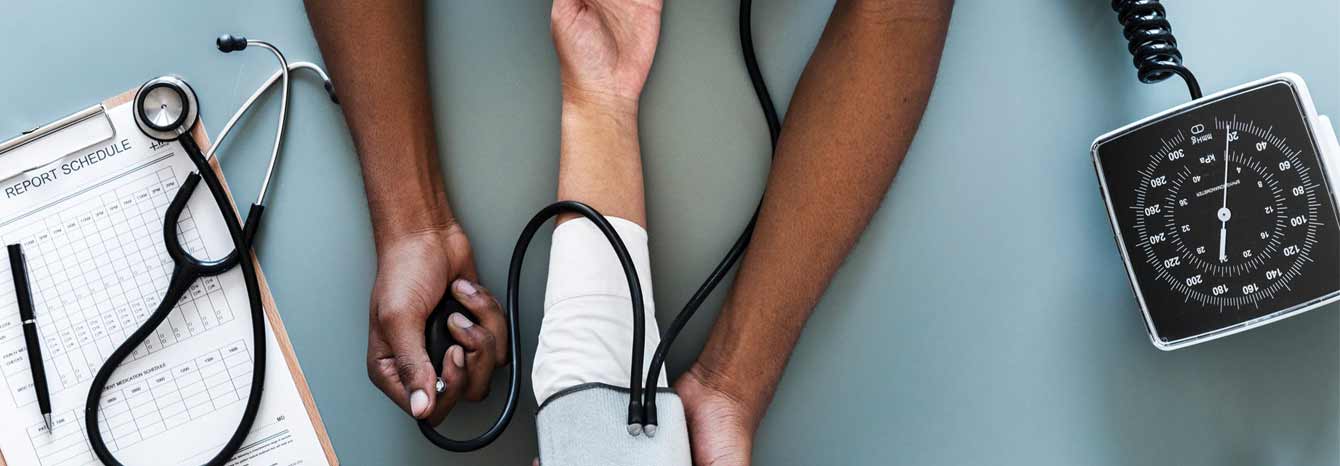The Role of HMIS in Healthcare

The healthcare of today’s digital era holds immense importance in our society. It is very challenging for the healthcare providers to do their job in an efficient manner. Given that lots of patients are admitted and discharged in multi-specialty hospitals, it can become really difficult to manually conduct all operations like administrative, medical care, financial, legal, and various other services. This is where the Health Management Information System (HMIS) has proved to be critical for both the healthcare providers and patients. After all, it is a robust and cohesive system designed to commendably manage different operations of hospitals and efficiently service the patients.
What is HMIS?
Health Management Information System (HMIS) is a data collection system which is specifically designed to improve the operational efficiency of health facilities and organizations by supporting various aspects such as planning, management, and decision making. It helps in easy management of operations like medical care, pharmacy, lab, administrative, financial, and corresponding services. The main purpose behind the designing of HMIS was to produce information on the status of continuing health-related activities. The collected evidence-based information helps in decision-making and effective management of health care services at all levels.
Why HMIS ?
With the increasing costs in the healthcare industry all around the world, it has become important for health professionals to organize and manage the information. That explains why almost every healthcare center demands an effective and efficient HMIS to improve the operational efficiency of the hospital by managing its entire operations. In order to meet the ominous demand of healthcare, more and more healthcare institutions are being formed. With a powerful HMIS, small to big-sized hospitals can improve their quality of
services and effectiveness.Deploying a robust HMIS can make a hospital fully automated and help in ensuring that the flow of information within the departments is accurate and errorless. In an attempt to curb spiraling costs, hospitals and healthcare centers have started to embrace newer management structures and systems such as HMIS.
HMIS is considered suitable and effective as it has an friendly user interface which gives better user experience. With other features such as enhanced visit flow, bed management, patient visit status, and hospitalization ticket status, it definitely provides more value and convenience to the users.
There is no denying that the quality and standard of HMIS data has improved a lot in the past few years. As HMIS tracks certain dimensions of service quality at hospitals and healthcare centers, it has become an instrumental tool used in enhancing patient satisfaction with health services. Overall, HMIS is necessarily required in the healthcare industry because it not only improves clinical care and patient’s safety but also provides coordinative care and reduces costs.
How TekMindz is Playing Its Role?
TekMindz fully comprehends how much important HMIS is to any country’s healthcare system, especially developing countries. Over the years, we have successfully developed HMIS solution for healthcare department of many developing countries. Our HMIS solution comprises the complete lifecycle of patient registration, doctor roaster, diagnosis, prescription, pharmacy, hospitalization, inventory management, and out-patient and bed management etc.
To address the needs of some of the hospitals, we have also developed HMIS solutions that include biometric integrations, reports, dashboards and analytics to help the Hospital monitor and manage the patients.Here, it is always our focus to help our esteemed clients by building integrated health information management systems specific to their needs.
TekMindz specializes in open source healthcare platforms like Bahmni, openMRS, dhis2, openHIE and Odoo etc. to meet the comprehensive clinical and resource planning needs of hospitals and clinics.

